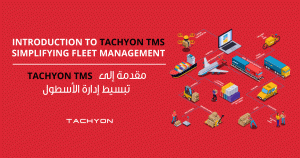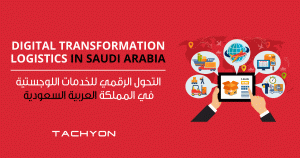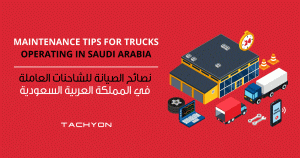Tachyon news
Blog
Innovative Technologies Revolutionizing the Trucking Industry
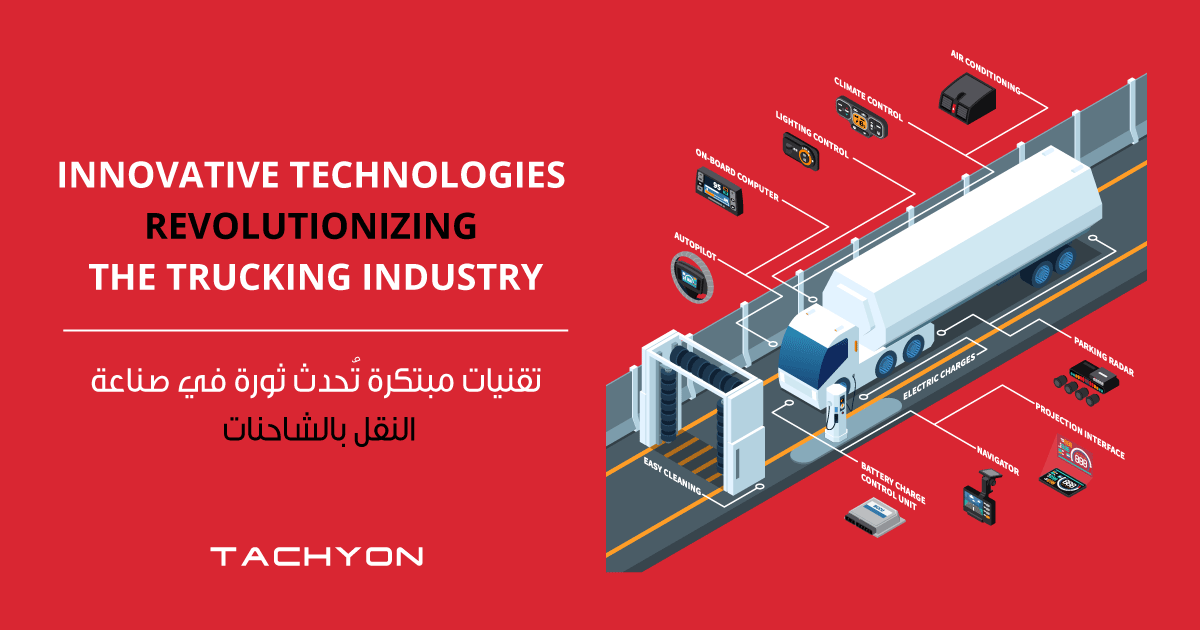
The world is progressing well with technological advancements. Each sector is embracing the latest technologies to move forward. The trucking industry is also embracing innovative technologies to get more advanced. These innovative technologies are revolutionizing the trucking industry in Saudi Arabia. Autonomous vehicles and electric trucks have changed the criteria of transportation systems. Smart solutions have created more efficient ways to transport goods and commodities across the region. This changed interface has sped up the vehicle’s operating efficiency. The world’s largest truck manufacturing companies are integrating the latest technologies into their ultramodern trucks. This scenario has not only transformed the trucking industry but also modified the logistics industry. Trucks are the main source for the transportation of goods. That is why truck suppliers are inventing new features to facilitate logistics services. We will discuss some of the best innovative technologies revolutionizing the trucking industry in Saudi Arabia. These technologies have had a positive impact on logistics operations and transportation services.
Alternative Fuel Vehicles
Many years ago, there was no concept of autonomous vehicles on the roads. Now, it has become part of modern logistics. Alternative fuel vehicles are the leading trucks that are innovating the trucking industry. The driverless electric trucks have managed the fastest deliveries of goods. Their reduced fuel consumption has increased their demand in the market. The sustainable structure and designs of these autonomous trucks have increased their value. They are innovating in trading standards as well as functionality. They are supporting sustainability. Tesla, Daimler, and Volkswagen are some of the popular electric trucks.
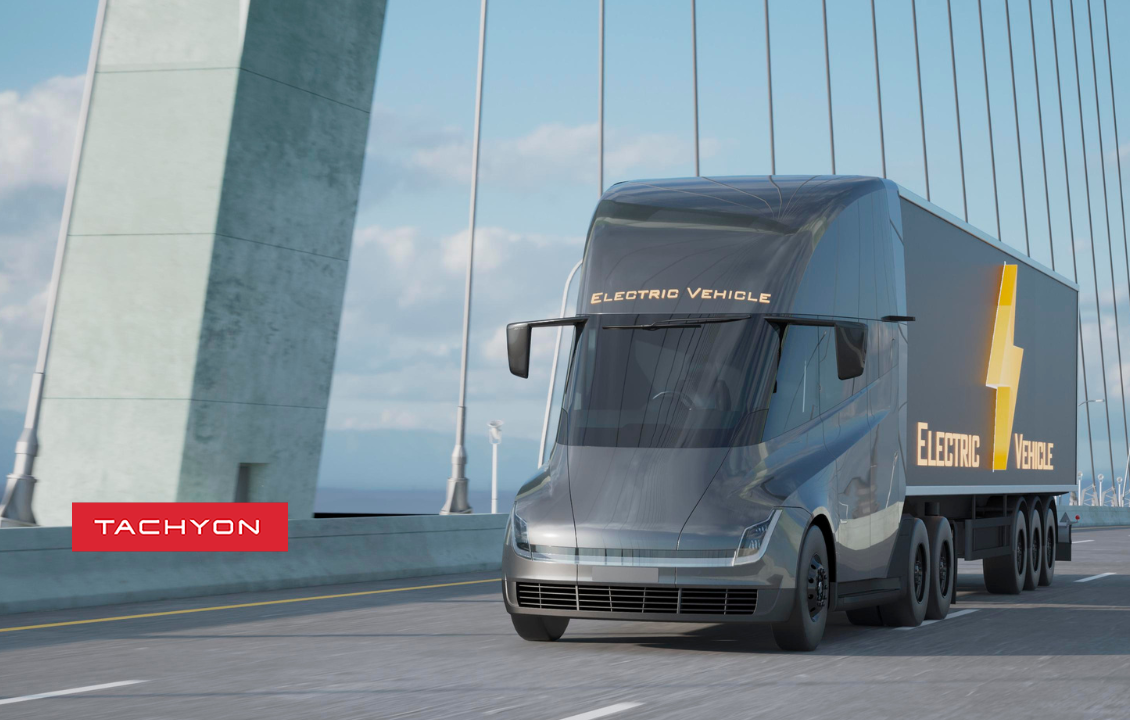
Scania trucks have zero-emission batteries with amazing modern features. Solar-powered hybrid electric trucks are designed with sustainable parts and features. They have lightweight solar panels to reduce costs and emissions. Some of the latest truck models have high-voltage batteries with built-in hardware and command centers to control and set the fuel and battery levels. For safety, trucks are still using fuel-alternative power and semi-automated features like assisted braking and lane assistance. Furthermore, problems like breakdowns and repairs will occur less frequently with upgraded trucks equipped with monitoring tools that assist in anticipating factors such as maintenance requirements. These changes indicate an extensive shift in the sector. Most significantly, though, is that fewer accidents caused by assisted and self-driving technology will save money and time.
Platoon
The latest truck models are designed to adopt ultramodern features and functionality. They can be controlled by a computing network or a system controlled by computer communication and programming. The aerodynamics of convoying technology have made revolutionary changes in trucks’ performance. Telematics stores data through telecommunication devices to control autonomous trucks. This technique develops an organized, long line of heavy-duty trucks in the same direction. This platooning technique is really cost-effective. It manages a lot of trucks with a master controller, thus improving safety and functionality.
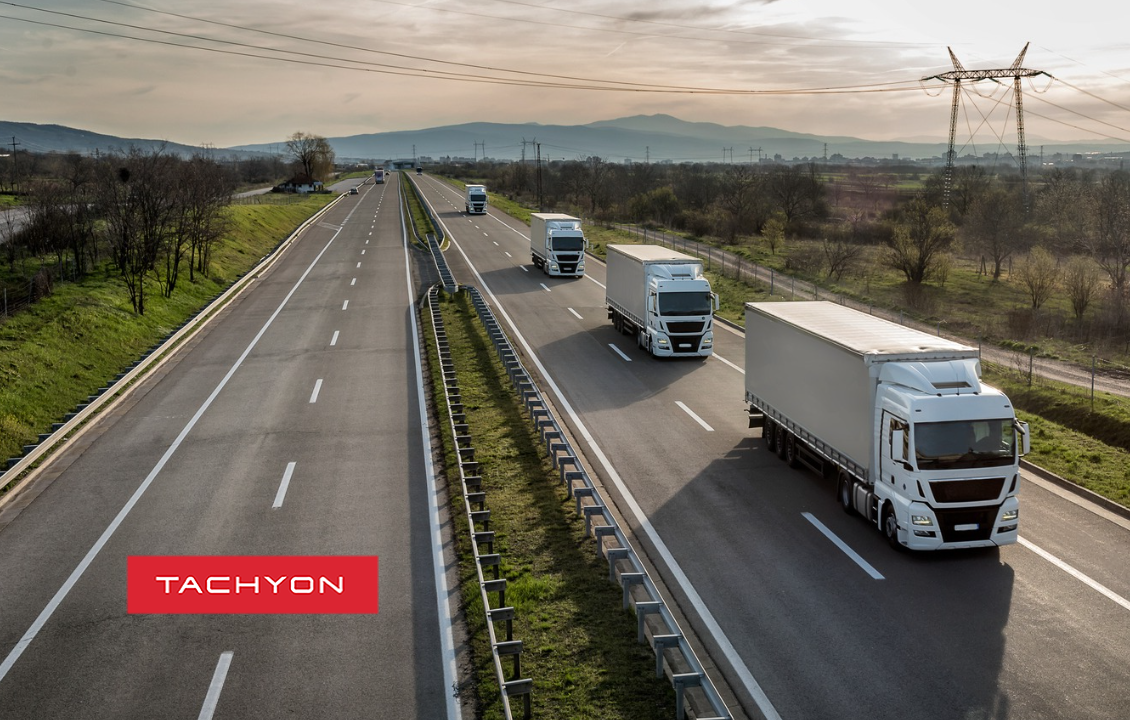
Self-driving platooning technology has developed a more organized and convenient approach for trucking operators. It has made it easy to handle a large number of trucks with the best management. When it comes to pollution and fuel consumption, this platooning technique is incredibly effective. Together, the trucks in the line tackle both traffic congestion and wind resistance. Consider this: it serves as a public safety feature as well. This approach produces one, dependable line of huge vehicles rather than a multitude of trucks dispersed over our roadways.
loT and Telematics
The Internet of Things is heavily impacting the trucking industry. It has greatly contributed to innovative trucks’ features and functioning. It is used for better monitoring and better supply chain management systems. It is created by a network of devices, appliances, and vehicles that manage and share data. The sensors in the trucks monitor the routes and provide real-time data and information. This data helps shippers and suppliers control and improve their operations. It has modernized supply chain management. Telematics has supported all these features and technologies. The leading logistics companies in Saudi Arabia are using LOT technology to set their business standards for the latest features and methods. They are getting help from Telematics to monitor everything perfectly. The real-time tracking of routes, locations, and information helps the logistics stakeholders manage their tasks efficiently. Tracking sensors and cloud-based platforms have made it possible. The digital logistics platforms are also helping the transportation infrastructure through their innovative features and services. Tachyon is the best digital logistics platform in Saudi Arabia, offering its modernized features and services to logistics stakeholders and transporters. Modern devices and advanced tools, built-in cameras and QR codes, e-invoices, and real-time tracking have revolutionized the trucking industry.
Data Analytics
Data analytics is a big achievement and a big deal in enhancing truck performance. Data analytics have improved supply chain management and logistics management. Dealing with big data is a big task. Data analytics easily manages to deal with large data collections. Artificial intelligence algorithms improve data quality and processing. Truck operators can predict and prevent strategies for better transportation performance. They can forecast the coming situations and plan organized methods to handle them. Data analytics also supports warehouse management and eCommerce platforms to manage their business tasks and inventory management. It maximizes the capacity and ability to work and proceed with perfection. The Transmetrics FleetMatrics tool helps transporters get data and accurate information. They can predict demands and plan future perspectives accordingly. Truck operators and transporters can work in a better way by applying data analytics. It optimizes the ability to work and reduces costs. It also prevents disruptions. Consider the case of Geodis. To improve timely delivery and streamline package cargo, the global leader in logistics has introduced a new multi-carrier parcel shipping option. It combines popular online retailers with third-party warehouse management systems to optimize the packing and shipping process in accordance with the demands of every client.
Blockchain technology is ideal for achieving transparency and efficiency in transactions. It has developed trends for a better transport system. Supply chain management services are now managed through blockchain methodology. It offers perfect solutions through its encrypted ledger. It develops trust through end-to-end visibility in supply chain management. Exporters, suppliers, distributors, and customers can get accurate information from blockchain technology.
It is a game-changing technology that maintains records of loading, cargo, and invoice generation. Blockchain provides a single distributed record, ensuring the authenticity of data sent between suppliers, importers, exporters, and transporters. It fixes a major issue for trucks, like documentation delays caused by errors and duplications. Additionally, blockchain speeds up payments by using smart contract technology to facilitate automated interactions.
Conclusion
The logistics industry is based on the trucking industry, which moves products around the country to satisfy customers. However, the industry is also seeing major changes from new technologies that are modernizing everything from operations to automobiles. Logistics and transportation are among the less tech-savvy sectors; therefore, they have been slow to absorb the newest developments. Nonetheless, utilizing modern technologies should propel this vital industry into the future. The trucking industry has experienced the most significant technological change. The industry is starting to realize the cost savings that technology may bring about.
Though they are still in their infancy, cutting-edge technologies like digital trading and self-driving vehicles are steadily gaining acceptance. The global trucking industry appears to be headed toward wider use of developing technology due to growing workforce issues and sustainability considerations.
Transport operators are replacing outdated infrastructure with data-driven automation and logistics. Even if there are currently issues with legislation and technology development, trucks will continue to be the primary means of moving products for the foreseeable future because of their transformative benefits.
Frequently Asked Questions
Which technology is revolutionizing the trucking industry?
AI-driven solutions and algorithms are revolutionizing the trucking industry. They help with predictive maintenance and reduce downtime. Data analytics have modernized the trucking industry.
What are the advanced technologies in trucks?
Autonomous vehicles and electric trucks, platooning technology, and smart devices are the advanced technologies in trucks.
How does data analytics help trucking performance?
Data analytics is used to monitor dynamic routing to optimize it, track the routes, and get real-time information. Smart tools and solutions, sensors for tracking, and cameras all control the truck’s performance.
What are some innovative technologies revolutionizing the trucking industry?
- Autonomous Trucking
- Truck Platooning
- Electric Trucks
- Digital Freight Brokerage Transformation
- Blockchain Technology

